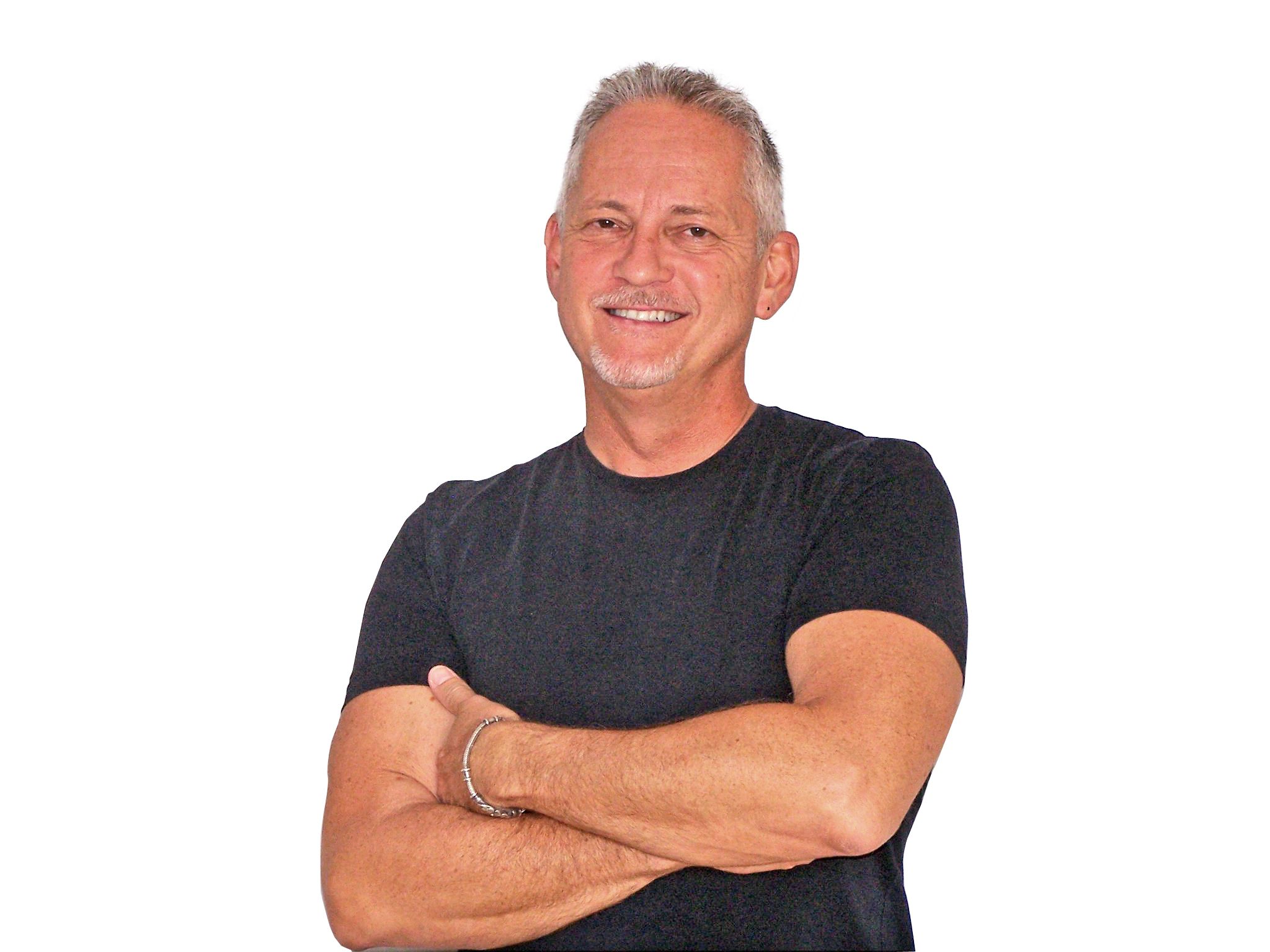Living most of the last 20 years abroad, I never really think much about being an American. Sure, I’m proud of my homeland, but I have tried not to let some misguided nationalism define me or prevent me from experiencing life wherever I might be living at the moment.

The inherent eagle in Americans, which in peacetime helps them to find good peanut butter, is ready to fly (Photo:Colourbox)
Only on matchdays
I don’t go crazy stocking up with pancake mix or macaroni and cheese when Netto has an American Week, and I would somehow muddle through without Skippy peanut butter – unlike my Brit pals and their beloved Marmite – if the government forced the shops to drop it for having, I don’t know, too much actual flavour compared to the local swill.
In short, you won’t find me at the McDonald’s on Strøget. I much prefer something more Danish. Like a Thai box. Or a shawarma. I’m just thankful that the local fare isn’t Tabby cooked over dried cow dung, although judging from the smell, that may well be on the KFC menu.
Oh, I have my NFL Sundays when I sport red painter’s shorts, my purple Baltimore Ravens jersey, an orange Tennessee Vols ball cap and my black and yellow Vibram Five Fingers, much to my wife’s chagrin. Most of the time, though, I blend in.
Not a journalist
I also don’t identify myself as a journalist.
I’m a word hack who earns a crust writing whatever comes my way: songs, stories, ad copy, whatever’s paying. I know real journalists and would never presume to include myself in that elite group.
But just for a while, I think I will call myself an American journalist.
You see, there is this group of sick bastards who recently released videos of themselves beheading two young American journalists. And now they have compounded their obscenities by murdering British aid worker David Haines.
The first two men, Steven Sotloff and James Foley, are often identified as American journalists. Like Haines, they were captured, held hostage and murdered.
Sins, always sins
I have heard all of the ‘justifications’ for these executions. My government’s sins. Their government’s sins. God, even … there is plenty of blame to spread around. Decades’ worth. But that doesn’t change the fact that along with the genocide of thousands of others in Iraq and Syria, three young men were murdered. And there is a mosque in Denmark whose spokesperson “understands” the need for deaths and violence. Ah, religion. How can we ever repay you for all you do for us?
I’m not worthy to compare myself to Steven Sotloff or James Foley, but 30 years ago I could easily see myself wanting to cover the Middle East. My children also have the writing gene, and as I see journalists murdered in the desert and arrested in my own country for doing their job, I feel a sense of helpless rage.
I wish I was younger. I wish that the parents of the men who commit these atrocities had never engaged in whatever sex act creates human monsters. I wish I could do more. It’s pathetic, really. But I want it to be clear where I stand.
I am an American journalist.















